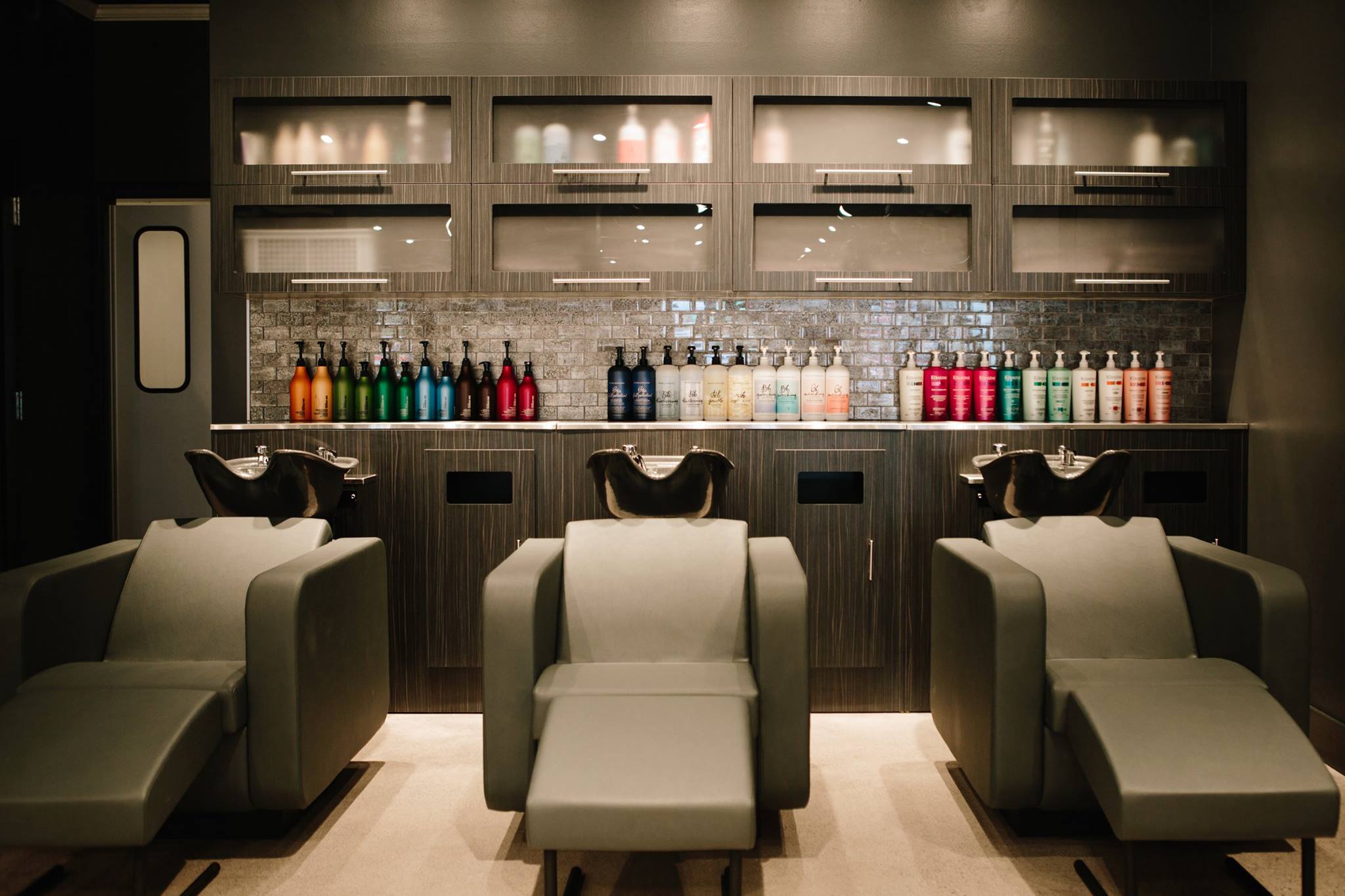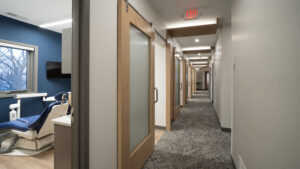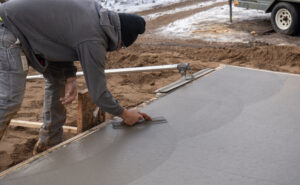Planning a commercial remodel in the greater Minneapolis-St. Paul area? Getting the right permits isn’t just a legal requirement—it’s what keeps your project safe, your business protected, and your remodel on track. Let’s walk through everything you need to know about commercial remodeling permits in simple, easy-to-understand terms.
Why Do You Need Permits?
Think of permits as your safety net. They make sure your remodel meets building codes (the rules that keep buildings safe). When you get permits, the city sends inspectors to check your work at different stages. This protects you, your employees, and your customers. Plus, if you ever sell your building, buyers will want to see that all work was done legally with proper permits.

What Types of Permits Do You Need?
For most commercial remodels, you’ll need several different permits:
1. Building Permit This is your main permit. You need it for any work that changes the structure of your building—like knocking down walls, adding rooms, or changing how the space is used. Even changing an office into a clinic requires a building permit because you’re changing how the space functions.
2. SAC/WAC Permits (Sewer and Water Access Charges) If your remodel increases water usage or adds plumbing fixtures, you may need to pay SAC (Sewer Access Charge) and WAC (Water Access Charge) fees. These one-time charges help fund municipal water and sewer infrastructure. Common triggers include adding bathrooms, kitchens, or significantly expanding your space. Your municipality will assess whether your project requires these fees during the permit review process.
3. Electrical Permit Any time you’re adding outlets, changing lighting, upgrading your electrical panel, or doing any electrical work, you need an electrical permit. A licensed electrician will usually handle getting this permit for you.
4. Plumbing Permit Installing new sinks, toilets, water lines, or changing your plumbing system? You need a plumbing permit. This includes things like adding a break room with a sink or installing new bathrooms.
5. Mechanical/HVAC Permit This covers heating, air conditioning, and ventilation systems. If you’re installing new HVAC equipment, changing ductwork, or adding exhaust fans, you’ll need this permit.
6. Fire Safety Permits Depending on your business type and building size, you might need fire alarm permits, sprinkler system permits, or other fire safety permits.
Every City Has Different Rules
Here’s something important to understand: every city in the Twin Cities metro area has its own building department and its own process for handling permits.
While all cities follow the Minnesota State Building Code, each one has:
- Different application processes (some online, some in-person)
- Different review timelines
- Different fee structures
- Different required forms and documentation
- Different inspection schedules
What works in Minneapolis won’t necessarily work the same way in St. Paul, Eden Prairie, Bloomington, or any other suburb. Some cities have streamlined online systems, while others require in-person visits. Some cities complete reviews in 2 weeks, others take 6-8 weeks.
The bottom line: You need to work with your city’s specific building department to understand their exact requirements. This is another reason why working with an experienced contractor like Randahl Construction is so valuable—we already know the ins and outs of each city’s process and can navigate them efficiently for you.
Understanding SAC and WAC Fees (The Hidden Costs)
Here’s something many business owners don’t know about until it’s time to pay: SAC and WAC fees. These can add thousands of dollars to your project cost, so let’s break them down in simple terms.
What is SAC (Sewer Availability Charge)?
SAC is a one-time fee you pay to connect to the regional sewer system or when you increase how much sewer capacity you need. The Metropolitan Council (the regional government) charges this fee to help pay for the metro area’s sewer treatment plants and pipes.
How much does it cost?
As of 2025, the base rate is $2,485 per “SAC unit.” But what’s a SAC unit?
- One single-family home = 1 SAC unit
- For commercial buildings, it’s more complicated—it’s based on things like:
- Number of toilets and sinks
- Type of business
- How much water you’ll use
- Square footage
When do you pay SAC?
- When you first connect a new building to the sewer system
- When you remodel and add more bathrooms or sinks
- When you change the use of your building (like turning an office into a restaurant that uses more water)
- When your business grows and needs more sewer capacity
Example: If you’re remodeling your office and adding 3 new bathrooms, you might need to pay for 2-3 additional SAC units. That could be $5,000-$7,500 just in SAC fees.
What is WAC (Water Availability Charge)?
WAC is similar to SAC, but it’s for connecting to the city’s water system. Each city sets its own WAC fees (unlike SAC which is set by the Metropolitan Council). Here’s a great breakdown by the city of Chanhassen on the main differences: click here
How much does it cost?
This varies by city. For example:
- Some cities charge around $285 per unit
- Other cities like Chanhassen charge much more per unit
- It depends on your city’s local water infrastructure costs
When do you pay WAC?
- New construction connecting to city water
- When you increase water demand (adding fixtures, expanding your business)
- Sometimes when you change how your building is used
Important Things to Know About SAC and WAC
- You can’t avoid them: If your remodel triggers these fees, you must pay them before you can get your building permit.
- Credits might exist: Some cities have “SAC/WAC credits” available. For example, if a building was torn down on your property, there might be credits you can use. Always ask your city about available credits.
- The city collects, not keeps: Your city collects SAC fees but sends them to the Metropolitan Council. For WAC, the city keeps the money for local water infrastructure
- Determination needed: For commercial projects, the Metropolitan Council must do a “determination” to figure out how many SAC units you need. Your contractor can help with this application
- Payment plans available: Some cities offer payment plans or deferrals for SAC/WAC fees to help businesses spread out the cost
- Some cities offer waivers: For example, Chanhassen now waives the first 5 SAC/WAC units for businesses renovating existing buildings—that’s a savings of over $11,000!
How Long Does the Building Permit Process Take?
Plan for at least 2-4 weeks minimum. Here’s a realistic timeline:
- Simple remodels: 2-3 weeks
- Complex remodels: 4-8 weeks
- Projects needing zoning changes: Add another 4-6 weeks
The clock doesn’t start until you submit complete plans. If the city has questions or needs more information, they’ll send your application back, which adds more time.
What Happens If You Skip Permits?
This is a bad idea. Here’s why:
- Fines and penalties: Cities can fine you and make you stop work
- Double fees: Some cities double your permit fees if you start work without a permit
- Insurance problems: Your insurance might not cover damage from unpermitted work
- Selling problems: When you sell your building, buyers will want to see permits for all work
- Safety risks: Without inspections, dangerous problems might go unnoticed
- Code violations: You might have to tear out completed work and redo it to meet code
The Smart Way to Handle Permits
Here’s the best approach:
- Hire a professional contractor like Randahl Construction who knows the permit process inside and out. We handle permits for our clients every day.
- Start early: Begin the permit process before you need to start construction. Don’t let permits delay your project.
- Get complete plans: Cities need detailed plans showing exactly what you’re doing. Incomplete plans get rejected.
- Budget for fees: Include permit fees, SAC/WAC fees, and inspection costs in your project budget from the start.
- Stay organized: Keep all permit paperwork. You’ll need it for inspections and later when you sell.
- Ask about credits: Always ask your city if there are any SAC/WAC credits or programs that could save you money.
What Does Randahl Construction Do for You?
When you work with us on your commercial remodeling project, we handle the entire permit process:
- We know which permits you need for your specific project
- We prepare all the required plans and documentation
- We submit applications to the right city departments
- We coordinate with inspectors and schedule all required inspections
- We handle SAC/WAC determinations and applications
- We make sure everything meets code so you pass inspections the first time
- We track your permits and keep you updated on progress
You have enough to worry about running your business. Let us handle the complicated permit process so your remodel stays on schedule and on budget.
Common Questions
Q: Can I do any remodeling work without permits?
A: Very minor cosmetic work like painting, new flooring, or replacing cabinets usually doesn’t need permits. But anything structural, electrical, plumbing, or mechanical requires permits.
Q: Who pays for the permits?
A: The building owner is ultimately responsible, but typically permit costs are included in your contractor’s bid. Always clarify this upfront.
Q: What if my building is historic?
A: Historic buildings may need additional approval from Heritage Preservation Commissions. This adds time to the process but protects your building’s character.
Q: Do I need an architect?
A: For some commercial projects, yes. Cities often require licensed architects or engineers to sign off on plans for larger or more complex commercial remodels.
Q: How long are permits good for?
A: Most permits expire after 6-12 months if no work has been done. You can usually apply for extensions.
Ready to Start Your Commercial Remodel?
Understanding permits doesn’t have to be overwhelming. At Randahl Construction, we’ve successfully navigated the permit process for hundreds of Twin Cities commercial projects. We know exactly what each city requires, how long things take, and how to avoid delays.
Whether you’re in Minneapolis, St. Paul, Eden Prairie, Bloomington, or anywhere in the Twin Cities metro area, we’ll make sure your commercial remodel starts with all the right permits and proper approvals.
Contact Randahl Construction today for a free site visit and estimate. Let’s discuss your project and create a plan that includes proper permitting, realistic timelines, and complete cost transparency—including those SAC and WAC fees.




